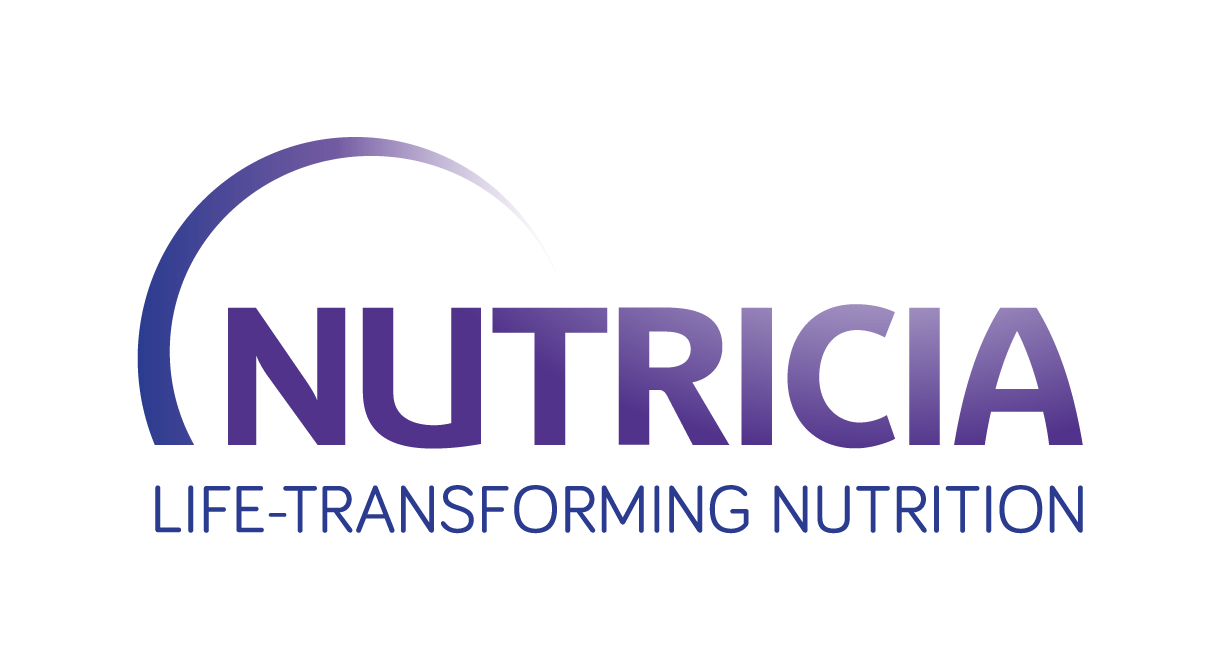Inadequate growth as a consequence of disease related malnutrition
Optimal growth and development in childhood are essential for long-term health and well-being. However, there are a number of reasons why some children can have difficulties growing optimally. Inadequate growth may
occur in children who have an underlying disease or condition such as cerebral palsy, a congenital heart disease (CHD), cystic fibrosis, liver disease or cancer; poor growth can have a detrimental effect on both short and long-term health outcomes.




